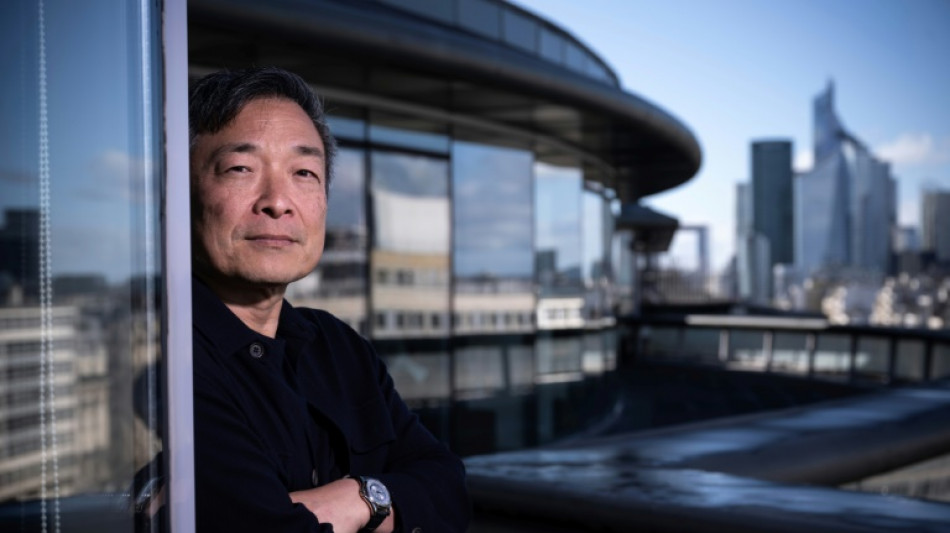
SCS
-0.0400

A new three-part documentary, "Superpowered", charts the 90-year history of DC Comics, which brought the world "Superman", "Batman", "Wonder Woman" and countless other superheroes.
Korean-born US comic-book artist Jim Lee has been one of the genre's great stars since his early days at Marvel in the 1980s, working on "X-Men".
When he switched to DC, he helped revive its iconic characters, eventually rising to be president and chief creative officer.
He sat down with AFP to talk about his inspirations, the risk of "superhero fatigue" and why he might have been a sort of "AI engine" in his early days.
Does the simplistic black-and-white morality of superhero stories still have a place in today's world?
The black-and-white division between good and evil was more characteristic of the early decades at DC Comics.
From the 70s and 80s on, the rise of the anti-hero and establishing origin stories for the villains, where maybe they have a valid point of view... that's helped keep the stories interesting... and there's a greater degree of sophistication in the storytelling.
The value of comics... is to remind people that we're all going to go through hardship and trauma, and it's the choices you make that will define your future, as glib as that might sound.
Are you worried about "superhero fatigue" as fans turn away from the deluge of content?
There's always a danger when you have too much content that people don't have enough time to consume what's going on. I definitely feel that way and I'm in the middle of it.
There might be fatigue for stories that don't feel as special and unique... This year will be very interesting given the more divergent takes on superheroes in "Deadpool" and "Joker" (ed: both have sequels coming out).
You have to continually revitalise yourself... but as a fan I'd say we've been spoiled for many years in getting not just movies about the most iconic characters, but much deeper in the catalogue... These are things I would have killed for as a kid.
Is AI a threat to the comics industry?
We have to figure out a way to live in a world where it exists, and the source material from which it derives its content is properly credited and compensated.
But even if it were accepted and someone were going to pay me to use an AI engine to create work, I just wouldn't do it.
I don't create art just so I can have something to get paid for.
I love sitting down with a piece of paper and a pencil... I enter this fugue state, hours go by and it feels like 15 minutes, and at the end, I have this incredible sense of satisfaction because I went on this journey and I've created something.
Typing something into a prompt and getting something two minutes later?
I'm robbing myself of the whole point of why I got into this business.
What inspired you in the early years?
Different things from different artists. From Frank Miller ("Batman: The Dark Knight Returns") it was the storytelling and how he composed the panels on the page almost like musical notes... John Byrne ("The Man of Steel") and the way he depicted the human form... Mike Mignola ("Hellboy"), the way he placed shadows...
I was picking different elements from lots of different artists and trying to synthesise it into something I could call my own that didn't feel derivative.
So maybe I was an AI engine back in the day, Lee said laughing. That's an awful thought.
Is there too much violence in comics?
There's some truth to that.
It can be a shortcut to have them physically duke it out to resolve a crisis and I'm not sure that's the proper lesson you want readers to walk away with.
But I think in a lot of stories when it gets to that point, that's the only way to resolve it and perhaps that's a sad reflection on the state of the world today.
(But) there has to be deeper emotion and deeper concepts at work and those are the stories that make the most impact and are the bestsellers at the end of the day.
"Superpowered", narrated by actor Rosario Dawson, is released on April 4.
Y.El-Kaaby--DT